How to choose the right fabric for tent halls?
Choosing the right fabric for a tent hall is critical to ensure its durability, weather resistance, and overall performance. The fabric you select directly impacts the tent’s longevity, appearance, and ability to withstand various environmental conditions. With many types of tent fabric available, it’s essential to understand the unique characteristics of each and how they match your specific needs. In this guide, we’ll explore the different types of tent canopy materials, the factors to consider when choosing tent fabric, and the best materials for various applications, from weddings to industrial storage.
Types of Materials for Tent Hall Fabric
Polyester
Polyester is one of the most popular choices for tent hall fabric due to its excellent balance between durability and affordability. It is strong, lightweight, and offers good water resistance. Polyester is available in various weaves, such as oxford and ripstop, which enhance its tear-resistant fabric qualities. Additionally, it can be coated with substances like PVC coated polyester fabric to improve its performance in different weather conditions. Polyester is a durable tent fabric commonly used for both short-term and long-term applications.
Strength and durability: Polyester resists wear and tear, making it ideal for long-term use.
Water resistance: While polyester is inherently waterproof fabric, coatings can further improve its waterproofing.
Versatility: Available in different weaves and coatings, offering flexibility for different needs.
If you’re considering using polyester for the roofing of tent halls.
PVC Coated Polyester
PVC coated polyester takes the durability of polyester a step further by adding a layer of Polyvinyl Chloride (PVC), making the fabric more waterproof, UV resistant fabric, and fire retardant fabric. This material is perfect for tents used in challenging weather conditions or where fire safety is a concern.
Enhanced waterproofness: The PVC coating ensures that the fabric can withstand heavy rain and prevent water leakage.
UV resistance: Protects the tent from harmful UV rays, extending the lifespan of the fabric.
Fire retardancy: Many PVC coated polyester fabrics meet fire safety regulations, making them ideal for public events and industrial applications.
Weight of tent fabric: Although PVC coatings add weight, it enhances protection, making it a strong choice for long-term use.
This fabric is also ideal for military tent coverings.
Polyethylene
Polyethylene is a cost-effective, lightweight fabric commonly used for temporary or short-term tent hall materials. While it’s budget-friendly, it lacks the long-term durability of polyester and PVC-coated materials. Polyethylene is best suited for applications where the tent won’t face extreme conditions or prolonged exposure to sunlight, as its UV resistant fabric is relatively low.
Lightweight: Easy to transport and set up, making it a good choice for temporary shelters.
Cost-effective: Ideal for projects with tight budgets or short-term use.
Limitations: Lower durability and UV resistance compared to other fabrics, making it unsuitable for long-term or heavy-duty use.
If you’re setting up temporary roofs.
Canvas
Canvas is a traditional tent fabric known for its natural, breathable fabric properties. It provides excellent durability and weather resistance when properly treated. Canvas is often chosen for its aesthetic appeal, offering a classic, rustic look, making it a popular fabric for marquee tents and event setups. However, it’s heavier than synthetic fabrics like polyester or polyethylene, and it requires more maintenance, particularly in terms of water repellency treatments.
Breathability: Allows air circulation, making the tent more comfortable in hot conditions.
Durability: When treated, canvas can last for many years and resist harsh weather.
Weight: Canvas is significantly heavier than synthetic options, which can make transportation and setup more challenging.
Factors to Consider When Selecting Tent Hall Fabric
When choosing the right tent hall fabric, several factors should guide your decision:
Durability and strength: Ensure the fabric can withstand wear and tear, especially if the tent will be used frequently or exposed to harsh environments.
Weather resistance: Consider the weather conditions the tent will face. Fabrics like PVC coated polyester fabric offer superior protection against rain and UV rays, while polyethylene may suffice for temporary setups.
Fire retardancy: For safety reasons, especially in public spaces or industrial applications, opt for fabrics that meet fire safety standards.
Breathability: If the tent will be used in hot climates, a breathable material like canvas may be more comfortable for occupants.
Aesthetics and design: The visual appeal of the fabric is essential, especially for event tents or marquees used for weddings and corporate events. Materials like canvas or coated polyester can offer both functionality and an attractive appearance.
Best Materials for Specific Tent Hall Applications
Weddings and Events
For weddings and events, where aesthetics and functionality are equally important, PVC coated polyester is an excellent choice. It combines durability with a clean, polished appearance, and its waterproof fabric and UV resistant fabric properties make it ideal for outdoor events.
Recommended fabric: PVC coated polyester
Benefits: Elegant appearance, weatherproof, and fire retardant.
Industrial and Storage Applications
For industrial uses or large storage areas, durability and cost-efficiency are key factors. Heavy-duty PVC coated polyester or polyethylene works well in these environments, providing solid protection at a reasonable cost.
Recommended fabric: Polyethylene or heavy-duty PVC coated polyester
Benefits: Strong, affordable, and suitable for large-scale industrial use.
Temporary Shelters
For temporary shelters or short-term structures, a lightweight fabric like polyethylene is ideal. It is easy to set up and transport, making it perfect for temporary events or emergency shelters.
Recommended fabric: Polyethylene
Benefits: Lightweight, cost-effective, and quick to assemble.
Summary
Selecting the right tent hall fabric depends on your specific needs, including the intended use, weather conditions, and budget. Polyester and PVC coated polyester fabric offer excellent durability and weather resistance, making them suitable for long-term installations or events requiring robust performance. Polyethylene, on the other hand, is a lightweight and cost-effective option for temporary shelters. Canvas, while heavier and requiring more maintenance, brings a classic look and excellent breathability to the table. Before making a decision, evaluate the fabric’s durability, weather resistance, fire safety, and aesthetic appeal to ensure it aligns with your project’s requirements. By choosing the right fabric, you’ll ensure that your tent hall stands the test of time and meets all functional and safety needs.
If you’re considering installing a tent hall or temporary shelter, contact us for expert advice and high-quality materials.

